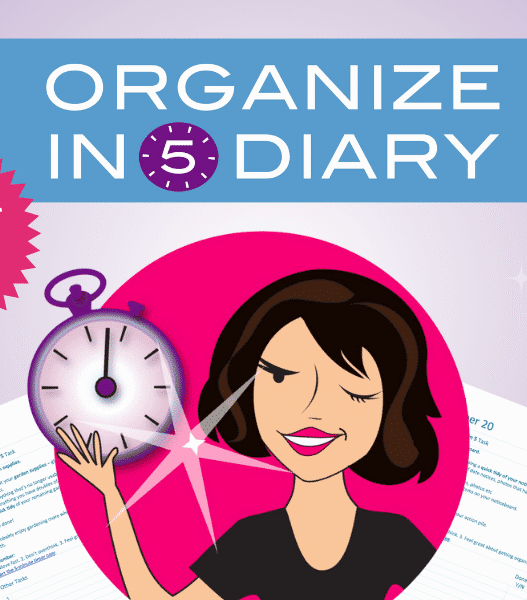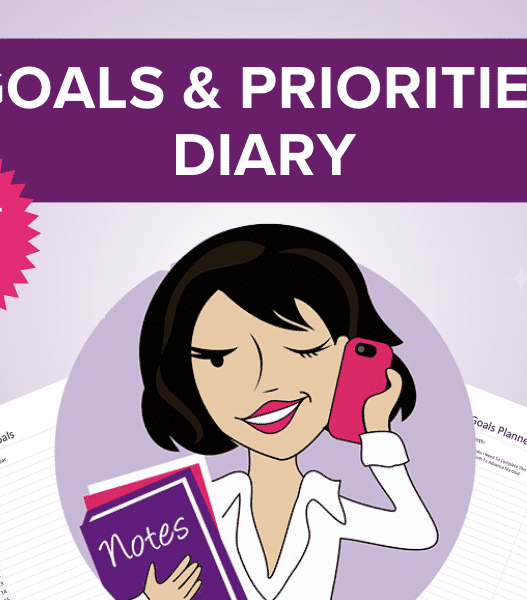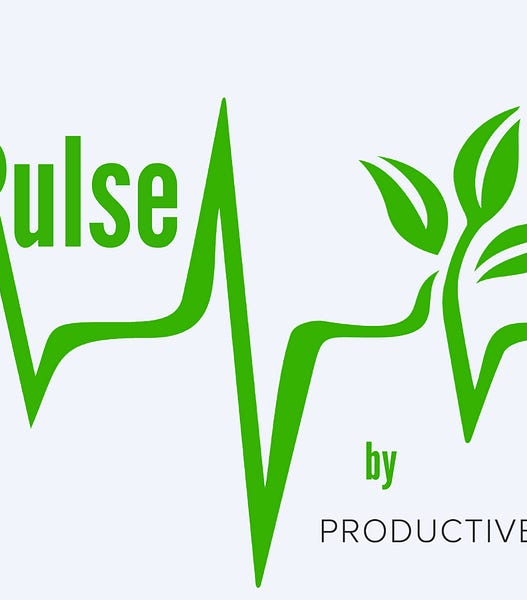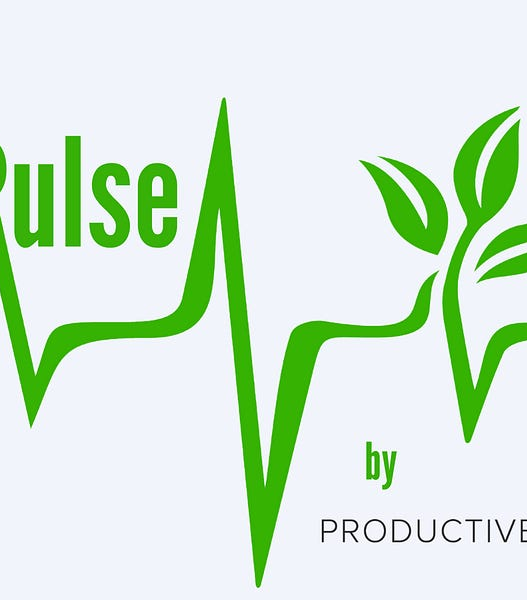Takeaway: By lowering the “stimulation level” of your mind, focusing on both everyday and aversive tasks becomes easier. To get there, try doing a “stimulation fast.” The tactic works surprisingly well.Estimated Reading Time: 3 minutes, 31s.
The world is a bit noisier and more stressful these days than it used to be. If you're like me, your mind may feel noisier, too.
Amidst this noise, I've done two things. First, I've resubscribed to the physical daily newspaper to compartmentalize my news time. I currently don't check any digital news sources, and feel better because of it. I can keep tabs on the world, without it affecting the state of my mind more than it has to.
I've also doubled down on one of my favorite focus tactics that I write about in a recent book: lowering my mind's “height of stimulation”.
Everything you pay attention to over the day stimulates your mind to a different degree—because of novelty. The more novel something is, the more dopamine it releases in your brain. (In research, this is called the novelty bias.) Instagram is more novel than reading a book, so it releases more dopamine. Digital news is more novel than reading a printed newspaper. This relativity also exists in the analog world: working out is far more novel than meditating and releases more dopamine.
Everything we pay attention to over the day lives at a different “height of stimulation” as a result. Here's an illustration I copied and pasted from How to Calm Your Mind that illustrates where some things I personally pay attention to fall:
Our overall level of mental stimulation is the sum of what we pay attention to throughout the day. The higher up the objects we pay attention to, the more stimulated our mind becomes.
It's worth paying greater attention to things that live at lower altitudes. Doing so makes you:
- More focused. Generally, our most productive and meaningful tasks live closer to the middle and bottom of this chart. Flying at a high altitude, it is tough to come down to focus on these things.
- Less distractible. This is because you bounce between superstimulating distractions less often, and you're also less accustomed to novelty. The more stimulated our mind is, the more often we shift our attention, seeking greater novelty. Flying lower, though, we don't feel the need for more hits of dopamine.
- Calmer, because your mind becomes less stimulated and noisy. We feel less frazzled at lower levels of stimulation. The calmer our mind, the easier it is to focus.
The more objects of attention you eschew that are at the top of this illustration, and the more you tend to those that are closer to the bottom, the less stimulated—and more calm—your mind will become. Focusing on important work becomes easier in the process, as our most important tasks tend to fly at lower altitudes of stimulation.
The best way to do this is to conduct a “stimulation fast.” This is sometimes called a “dopamine fast”—but the truth is we can't really fast from dopamine—our body and brain need it to function, and we also get a good amount of it from good, productive, creative work.
Doing one is simple:
- Identify dopaminergic activities and distractions to weed out. Look through your day. What hijacks your attention? Make a list. Mine typically includes digital news sources, video games, and social media sites, including Reddit and YouTube.
- Introduce well-rounded activities to replace what you're getting rid of. This is the fun part. What are hobbies, habits, and rituals that have fallen by the wayside since you welcomed more stimulation into your life (like your phone)? Can you take a course to learn a new hobby? Reconnect with an instrument? Read more books? I find it helpful to introduce more analog activities as I find that during a stimulation fast, I spend less time in the digital world.
- Choose a duration, do the experiment, and notice what changes. I usually do a 30-day fast, which I find is enough time to reset my mind's craving for novel stimulation.
If you're finding that the world feels faster and that you feel less in control because of all the noise around you, your level of mental stimulation could be too high. Conducting a short-term “fast” from this stimulation can prove immensely powerful.
Your focus and productivity may even improve as a result.



















